Hamas bid for Egypt trade may founder on constraints for Mursi
Cairo - Fayaz Abu Hani saw his factories blown apart three years ago in Israel’s military offensive against the Gaza Strip, crippling production of cooking oil, flour and a popular mix of coffee and cardamom.
Egypt’s change of leadership has given Abu Hani hope that he may be able to rebuild his business. The opening of Egypt’s Rafah border with Gaza for commerce would cut the cost of the imported raw materials he needs. Ending trade curbs will be a key demand of Gaza premier Ismail Haniyeh, a Hamas leader, during his talks with President Mohamed Mursi in Cairo today.
“A commercial crossing with Egypt would give us self- sufficiency and help bring in all kinds of goods to Gaza that have been tough to obtain,” said the gray-bearded Abu Hani, 59. “It’s a very good idea.”
Blocking those aspirations is pressure from Israel, the U.S. and the Palestinian Authority, who argue that a direct commercial thoroughfare between Egypt and Gaza would violate trade agreements and damage efforts to bridge the West Bank-Gaza divide. Mursi may also approach changes with caution, as he seeks to balance grass-roots pressure to help Gaza with pledges to preserve Egypt’s international commitments.
Israel, which controls all Gaza’s other borders, has eased restrictions since 2009, though it still bars construction materials on the grounds they could be used for attacks. Israel classifies Hamas, which has run Gaza since 2007, as a terrorist organization, as do the European Union and U.S. It has opposed Egypt-backed efforts to reconcile Hamas with the Palestinian Authority, which controls the West Bank.
Mursi won the presidency last month as the candidate of the Muslim Brotherhood, the group from which Hamas evolved. Egypt eased travel restrictions for Palestinians this week, as the new president seeks to distance himself from the unpopular policies of Hosni Mubarak, overthrown in a mass revolt last year, who cooperated with Israel to blockade Gaza. The Brotherhood has signaled it will uphold Egypt’s 1979 peace treaty with Israel.
“What Mursi did was a rational response to the pressures imposed on him,” said Ashraf el-Sherif, a political scientist at the American University in Cairo. Still, while there will be “more openness” toward the Palestinians and especially Gaza under the new administration, “it won’t be a 180-degree change, at least for the time being,” he said.
Under a U.S.-backed agreement, Israel, Gaza and the West Bank are part of a single customs union. That means there can’t be unilateral action on matters affecting trade, said Azam Al Ahmed, one of Palestinian Authority President Mahmoud Abbas’s negotiators in the unity talks with Hamas.
“Hamas cannot have reconciliation and at the same time control the borders,” Al Ahmed said in an interview. “They just cannot draw a map for the new Egyptian leadership and tell them what to do.”
Hamas leaders say they are placing hopes in Mursi.
“Our people are looking to see a new Egypt that is not a guard for the Zionist occupation,” Zeya Zaza, the Gaza economy minister, said in an interview. “We are seeking to have an economy that has strong ties with international and other Arab economies, especially Egypt.”
With its 1.6 million population crammed into a sandy narrow territory bordering the Mediterranean Sea, Gaza has a poverty rate of 33 percent, compared with 18 percent in the West Bank, according to the International Monetary Fund. Its economy largely relies on the hundreds of tunnels dug under the Egyptian border to smuggle in goods ranging from sheep to automobiles.
Unloading a shipping container that comes through Israel’s Ashdod port costs about four times what it would at Egypt’s El- Arish facility, about 40 kilometers (25 miles) to the south, according to Abu Hani. He says he hasn’t been able to rebuild his four factories because of the Israeli restrictions.
Israel, which evacuated some 8,000 Jewish settlers from Gaza in 2005, invaded the territory at the end of 2008, saying it was responding to thousands of missiles fired over the border by members of Hamas and various militia groups. Abu Hani’s factory was demolished in the offensive, which left more than 1,100 Palestinians and 13 Israelis dead.
Israel subjects goods traded between Gaza and Egypt to rigorous inspection at its Kerem Shalom border crossing 4 kilometers (2.5 miles) east of Rafah. It eased the blockade in 2009 after restrictions on items such as spaghetti and apricot jam drew international protests.
Still, exports have been almost entirely shut down for five years, with shipments of strawberries and cut flowers only periodically allowed. In 2011, exports were about 2 percent of the level in the first half of 2007, according to Gisha, an Israeli group that promotes free movement for people in Gaza.
Egypt’s opening of the Rafah crossing for travelers after Mubarak’s fall prompted concern in Israel. There are political as well as security reasons for opposing trade via the station, said Yigal Palmor, a Foreign Ministry spokesman.
“It will make Gaza further float away from the West Bank,” he said. “It would make clear that Hamas is more interested in its own independence than reconciliation.”

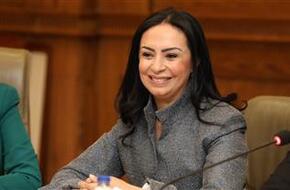

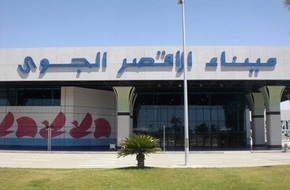
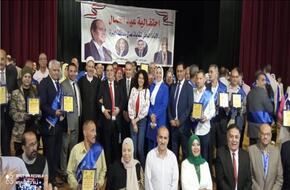
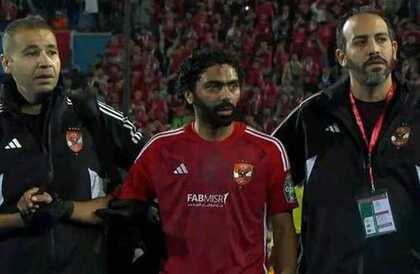
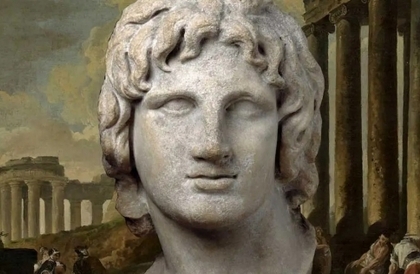

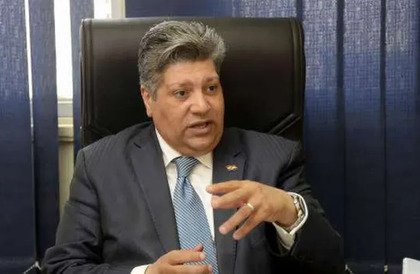
Comments